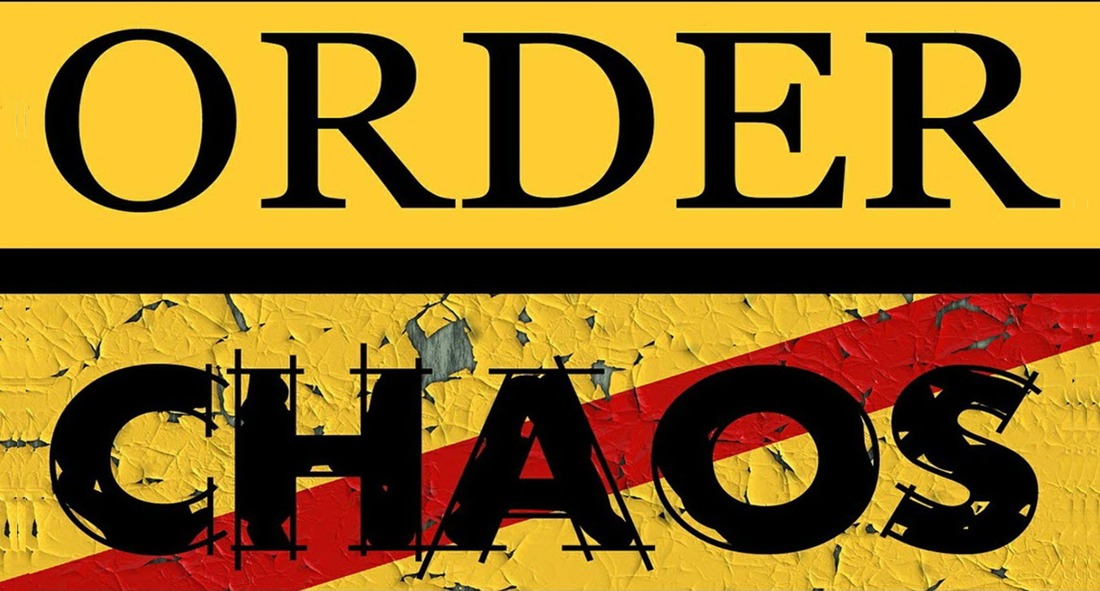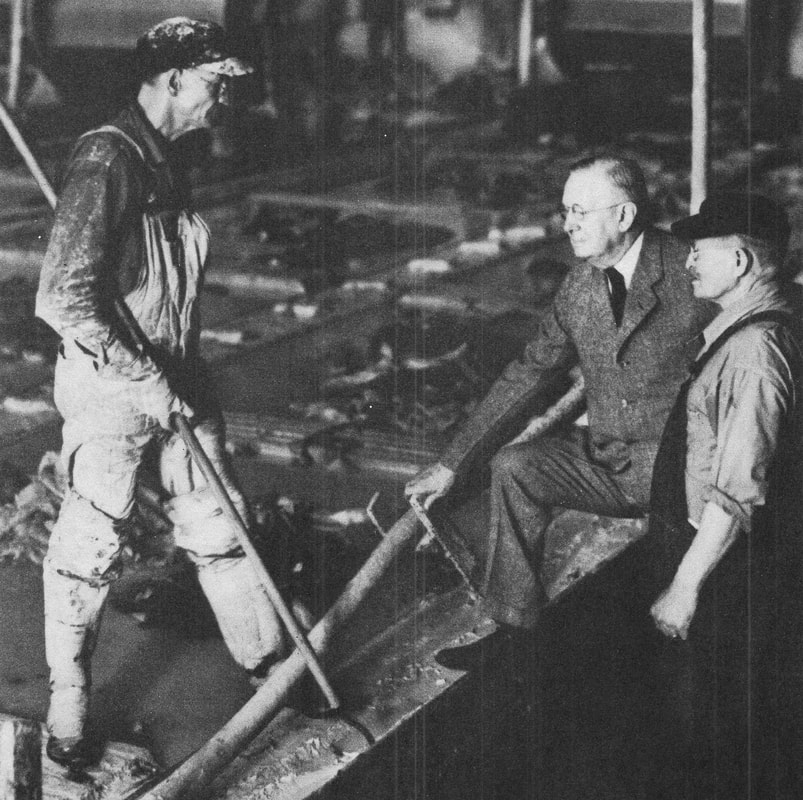Frank Venner on "We Are All Assistants"
|
|
Date Published: October 24, 2020
Date Modified: June 30, 2024 |
Frank C. Venner on "We Are All Assistants"
We Are All Assistants
|
Frank Venner was Thomas J. Watson Sr.'s assistant in 1935. Prior to that he was responsible for all IBM factories worldwide and during the Great Depression he was first in charge of the Endicott Plant where tabulating machines, time clocks and industrial scales were manufactured. This was his advice to some of his fellow business men on how to run their business rather than having it run them. Mr. Venner shared these thoughts more than eight decades ago.
|
As an entrepreneur, you will find this eight-decade-old advice as applicable today as then. The paragraph headings have been added by Peter E. Greulich and are his sole responsibility.
Frank C. Venner on We Are All Assistants
- The Business Question
- Evolving from Entrepreneur to Business Executive
- The Wrong Perspective of "the Boss"
- Management by Wandering Around (MBWA) in 1935
The Business Question
"In the business recovery which is taking place today [emerging from The Great Depression] there are questions which may fairly be put up to management. Do you run your business or does your business run you? Are you one of the mass who do not know what’s happening? Are you one of the many who watch things happen?
"Or are you one of the very few who makes things happen?
The Problem of Business Growth: The Evolution from Entrepreneur to Corporate Executive
"In the business recovery which is taking place today [emerging from The Great Depression] there are questions which may fairly be put up to management. Do you run your business or does your business run you? Are you one of the mass who do not know what’s happening? Are you one of the many who watch things happen?
"Or are you one of the very few who makes things happen?
The Problem of Business Growth: The Evolution from Entrepreneur to Corporate Executive
"Usually in the early days of a business, the owner knows his objective and is in full control.
|
"Matters pertaining to financing, plant, material, men, manufacturing process, distribution methods, and collections are all quickly settled because of the intimate knowledge which the owner possesses regarding each matter.
"But as the business expands, the owner can no longer maintain the close touch with everything and has to delegate authority and responsibility to other people who are more or less able, but whose understanding of the business [as a whole] is not so great as that of the owner.
|
Decentralization is critical. Select image to read about Alfred P. Sloan Jr.'s "coordinated decentralization."
|
"Furthermore, each man so selected for one part of the business is not intimately acquainted with the other parts and their requirements. What seems to be good judgement in financing may be very poor as related to distribution. This lack of knowledge is bound to result in costly errors. To prevent the errors, policies are established as guides to help in arriving at decisions.
"A policy is a code of procedure indicating in a general way the best method of getting anything done. Right here it seems there is a danger as policies may go two ways. They may develop a “hardening of the arteries” and relapse into mere formulas. If they do, then we have the spectacle of the business running the management instead of the management running the business. We cannot run business today by formula because the factors affected by the formula are in a constant state of flux.
The Wrong Perspective of the Boss and the Business
"A policy is a code of procedure indicating in a general way the best method of getting anything done. Right here it seems there is a danger as policies may go two ways. They may develop a “hardening of the arteries” and relapse into mere formulas. If they do, then we have the spectacle of the business running the management instead of the management running the business. We cannot run business today by formula because the factors affected by the formula are in a constant state of flux.
The Wrong Perspective of the Boss and the Business
|
George F. Johnson on the line talking with his fellow workers.
|
"One conception of management is the boss of the business sitting behind a luxurious desk with the walls of his office completely covered by charts which are changed hourly to show current happenings. And then the boss has levers, telephones and push buttons that make things happen. So far as it goes, the possession of facts—properly related—is necessary before adequate control may be exercised in any business. The time when we could operate on hunches and instinct has gone by. We do need facts.
"One of the big things lost sight of today, though, is that business is not a machine, but an organized group of human beings, each of whom may direct other human beings or machines. If we want to control business, our first and most important factor to control, govern, and direct are those human beings in our organization who help us conduct our business. |
Management by Wandering Around in1935: Avoid Sitting at Your Desk
"If we are going to control our business and make it grow, let’s begin by growing men and women to help us. Let’s be careful about the selection, the training, the supervision and promotions, as well as elimination of these people—too often this vital factor is lost sight of. You cannot sit behind a desk and really know your organization. Desk-sitting leads directly to loss of control, because sooner or later it establishes gulfs between management and organization.
"The most important thing which can be done to better control business is to better control the personnel of business and that implies a warmer and more human and more frequent contact with personnel."
"If we are going to control our business and make it grow, let’s begin by growing men and women to help us. Let’s be careful about the selection, the training, the supervision and promotions, as well as elimination of these people—too often this vital factor is lost sight of. You cannot sit behind a desk and really know your organization. Desk-sitting leads directly to loss of control, because sooner or later it establishes gulfs between management and organization.
"The most important thing which can be done to better control business is to better control the personnel of business and that implies a warmer and more human and more frequent contact with personnel."


